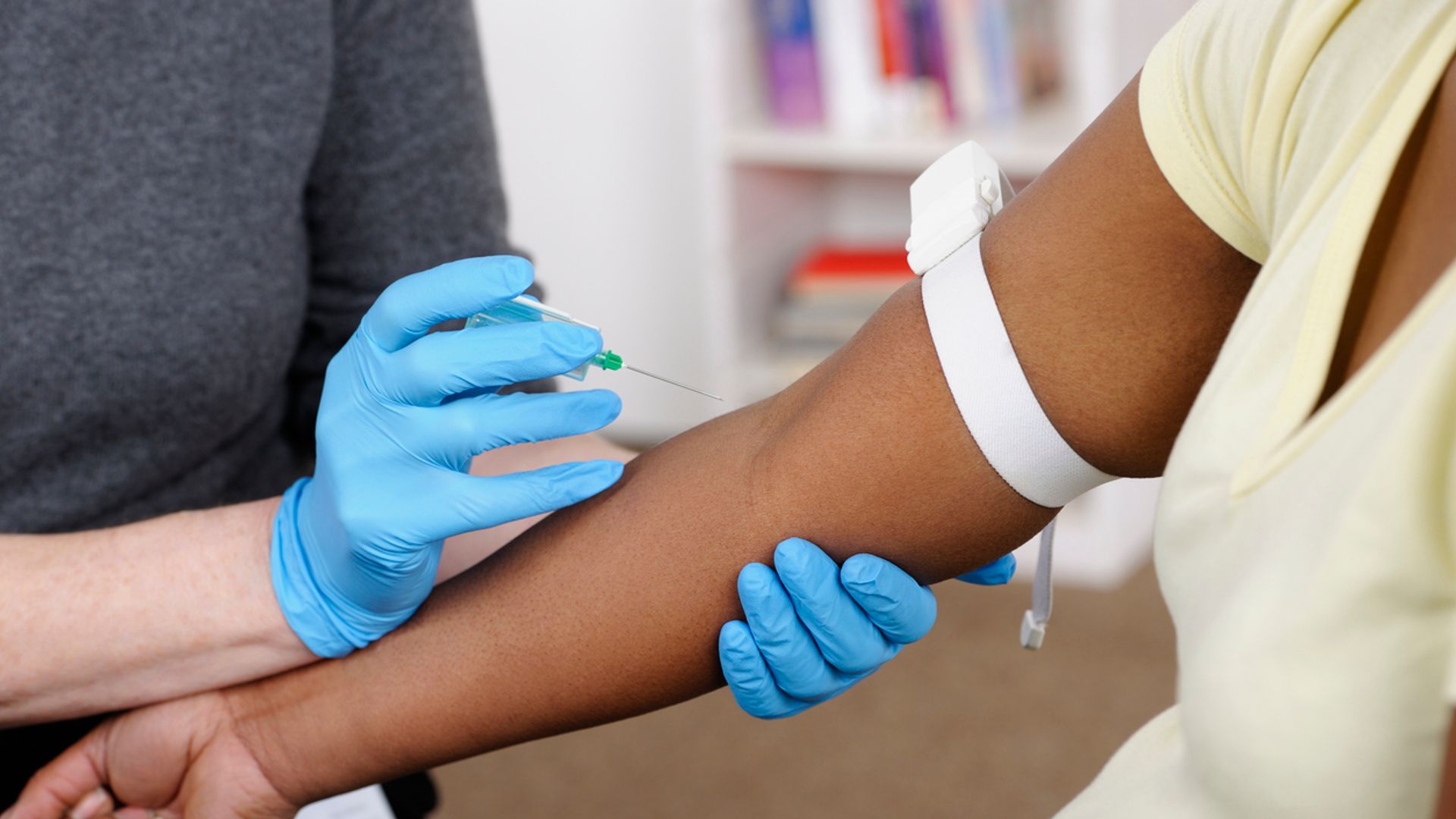A blood test that could detect 12 cancers is being developed by scientists at a British university, the health secretary has said.
“Just a couple of drops of blood could tell you if you had lung, breast or bladder cancer, helping end months-long waits for tests and scans,” Wes Streeting added.
Academics from the University of Southampton will lead a team working on the new diagnostic tool, the health secretary explained.
It is one of a series of innovations, including personalised immunotherapy treatments, that could share public and private sector investment worth £148m.
Others may include cheaper scanners that help to detect early signs of cancer, and artificial intelligence to diagnose cancer through data shared across the NHS, according to the Department for Science, Innovation and Technology.
Keep up with all the latest news from the UK and around the world by following Sky News
Research hubs will be created at University College London, the University of Liverpool, the University of Bristol, the University of Glasgow and the University of Edinburgh.
The investments will help to produce “cutting-edge treatments”, Mr Streeting said.
“Catching cancer earlier” will also “boost the UK’s economic growth”, he added.
Please use Chrome browser for a more accessible video player
Peter Kyle, the science and technology secretary, said that while new technologies offer the hope of “longer, healthier lives”, they could also “unleash a torrent of investment into life sciences that will boost jobs, opportunities and growth”.
Life sciences will be at the heart of the International Investment Summit to be held on 14 October, he said.
Be the first to get Breaking News
Install the Sky News app for free
Read more:
World’s first ovarian cancer vaccine being developed in UK
Kate hugs girl, 16, with rare form of cancer
“As a cancer survivor, I know how vital an early cancer diagnosis and the latest treatments are,” Mr Streeting said.
“This investment will not only save lives, but also secure Britain’s status as a powerhouse for life sciences and medical technology.”







